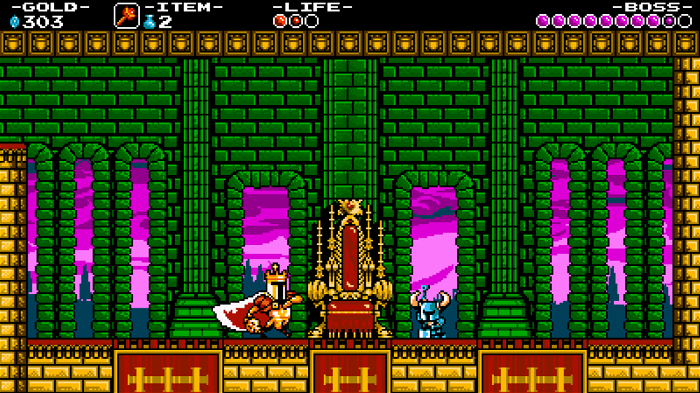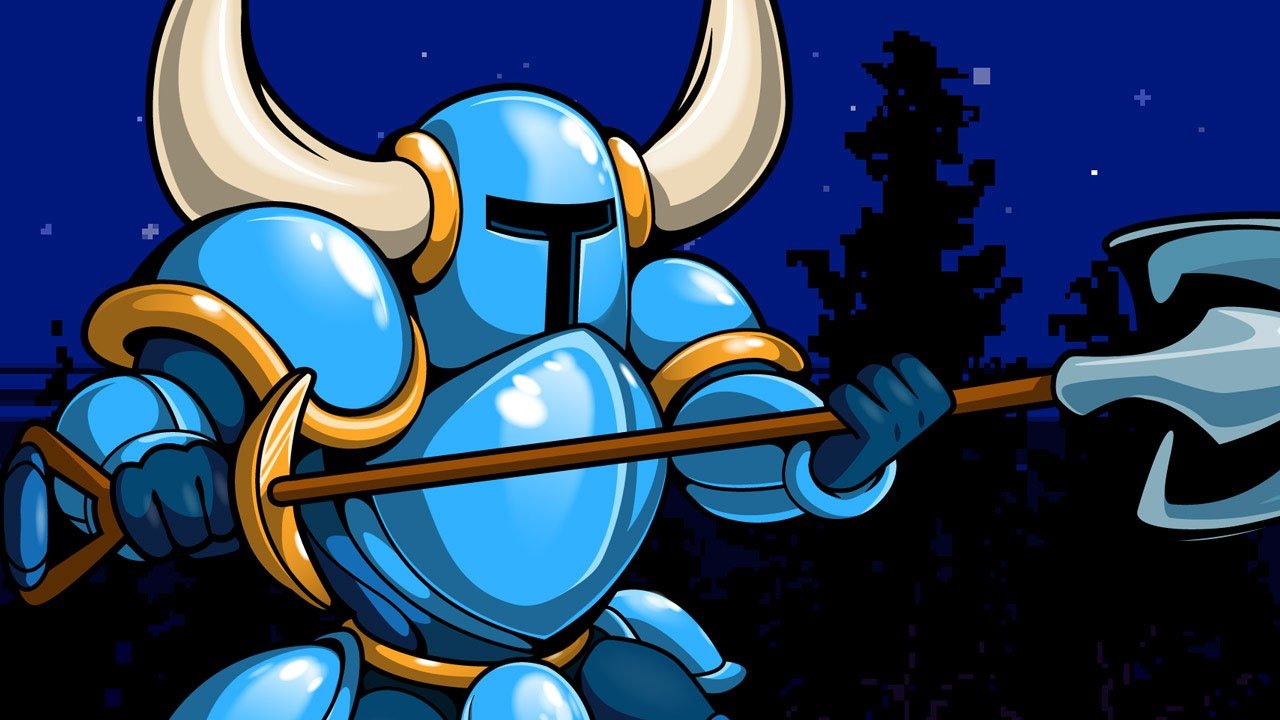After roughly 25 tries at getting to the first checkpoint in Shovel Knight’s second-to-last level, I decided I was done with the game. It wasn’t that I thought Yacht Club Games’ retro platformer was bad—far from it actually—but because I realized I’d reached a point of diminishing returns. Up until stalling out in the game’s final section I’d been enthralled by the difficulty of each stage. Figuring out how to defeat tough bosses and navigating the titular knight across screens filled with traps provided enough of a challenge to make success exhilarating, but not so much that the game ever became outright frustrating. All of that changed as the difficulty ramped up for Shovel Knight’s finale. At a certain point, having hit retry on a seemingly impossible screen yet again, I realized I simply wasn’t having fun anymore.

This isn’t the first time I’ve put down a game because its difficulty was turning playing it into a chore. In the past, though, I’ve tried to keep going too far beyond what was enjoyable. In From Software’s Dark Souls, a title that I had a lot of fun with for the first dozen or so hours, I found my progress bottlenecked by an incredibly tough boss fight (Ornstein and Smough, for reference). Maybe I had built my character poorly. Maybe I just wasn’t clicking with the patterns necessary to beat a vicious enemy AI. Whatever the case, I kept trying and, unfortunately, kept failing. It wasn’t until realizing that repeatedly attempting to get past this point was making playing the game more of a compulsion than an enjoyable pastime that I stepped away. Now, despite having completed and adored its predecessor and sequel (Demon’s Souls and Dark Souls II), thinking about Dark Souls fills me with dread.
It was in recalling how easily a fun, positive gameplay experience can shift to a negative one that I decided to put down Shovel Knight. Hard games can be incredibly rewarding—learning and implementing the skills required to overcome a stiff challenge often leads to a great sense of accomplishment. But playing to the point where frustration begins feeding into itself hardly seems constructive (it’s why anecdotes about players smashing controllers exist, after all). Aside from generating unnecessary anger, continuing to attempt to get past a punishing gameplay obstacle can also obscure any appreciation of what a title does right.
I loved the difficulty balance of Shovel Knight until it turned up a bit too high. Until then, I was able to clearly see how well designed the stages are and how perfectly tuned the character movement is. If I had kept trying to get past an obstacle that was quickly becoming stress inducing, though, I probably would only talk about Shovel Knight’s positive qualities through gritted teeth. I love Dark Souls—it’s highly original and wonderfully designed—but I don’t like writing about it much because, unlike other Souls games, my immediate memory of it is annoyance and unbearable tension.
The point at which fun turns into needless frustration is obviously different for everybody. Some people get a tremendous amount of satisfaction from overcoming seemingly impossible challenges while others would just as soon play games that concentrate on atmosphere or story but offer no substantial difficulty. There’s also the fact that some players are just more skilled at certain types of games than others. Someone who can breeze through a tough platformer may find themselves stumped by a difficult puzzle or strategy game. Our brains and reflexes function differently, which means that even a professional Starcraft player may be unable to complete the first area in a game like Dark Souls.
Being “good at games” is an umbrella term that doesn’t account for the wide variety of skill sets—and behavioural tendencies—that players possess. Even if, as a critic, I can appreciate how well Shovel Knight’s challenging final levels are constructed, smashing my head against them isn’t going to improve my experience with a type of game I’m not an expert at. For myself, recognizing the point at which a game is giving me nothing but frustration seems important. I’d much rather be able to remember the positive aspects of a well-made title like Shovel Knight than think back on it as a stressful experience just because its final levels were too difficult.




